Project Overview
Every Campus A Refuge (ECAR) revolutionizes refugee resettlement by leveraging the sizable resources of college and university systems to host newly arrived refugees at no cost, providing a stronger, more dignified landing in the U.S. From vacant apartments to fleets of bicycles, campuses abound with underutilized assets, along with supportive services from health clinics and cafeterias to wedding venues and art studios. “We’re a small city that has everything you need to host a refugee family,” explained Diya Abdo, ECAR founder and director. Unlike many refugee programs, ECAR takes a “whole person” approach that foregrounds mental and physical health, economic mobility, and more to ensure that refugees thrive. Along with free campus housing, refugees are provided with childcare, interpretation, and other services from trained students, faculty, and staff. Once they’re financially ready—typically after about five months—refugees are able to secure housing off campus and begin the next step of their journey. The potential is vast: if just 10% of America’s universities hosted one family of average size, that would provide supportive integration to 20,000 refugees over a short few years—and forge a hopeful resettlement model grounded in the practice of radical hospitality.
Five Questions
Learn more about this project
Meet our other 2021 awardees
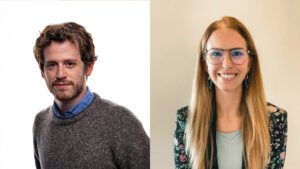
Daniel Bögre Udell &Kristen Tcherneshoff
New York (Operating globally)
Wikitongues safeguards threatened heritage languages by giving people resources to document, teach, and promote culture-sustaining mother tongues.
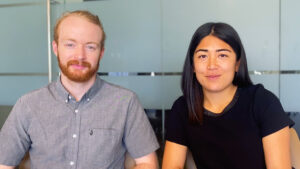
District of Columbia (Operating nationwide)
Cambium Carbon upcycles fallen urban trees, growing green jobs while building equitable cities and mitigating climate change at scale.
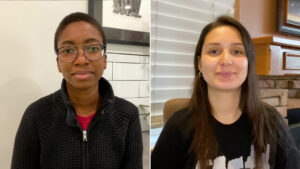
Esperanza Dillard &Talila "TL" Lewis
Nationwide
HEARD’s trauma-informed reentry program provides healing, empathy, and justice for deaf/disabled people who have been harmed by the carceral system.
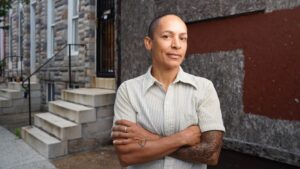
Maryland
Homeownership and construction skills-building come together as a platform that centers Black women, reclaims historic homes, and sparks neighborhood-scale change.
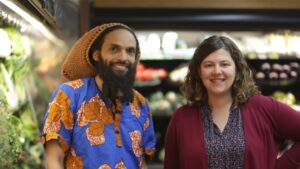
Ohio
Co-op Dayton builds community- and worker-owned cooperatives that center Black workers, expand democratic participation, and renew long-neglected neighborhoods.
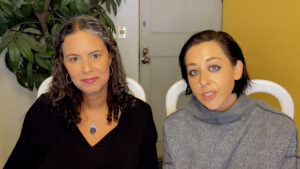
Ariel Koren &Fernanda de Oliveira Silva
California (Operating globally)
Respond provides trauma-informed, life-critical translation and interpretation services to asylum seekers and anyone needing language support in contexts of crisis.
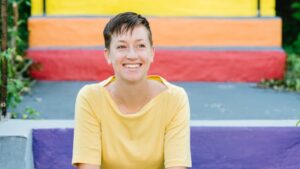
Wisconsin (Operating nationwide)
Driven by a reparations ethic, Nuns & Nones collaborates with Catholic sisters to invest their land and assets in regenerative land stewardship.
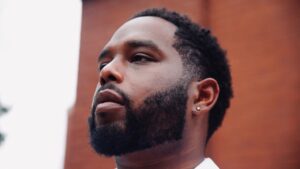
Missouri
The Black-led Freedom Community Center holistically integrates restorative justice with personal healing and broad-based advocacy to transform communities.
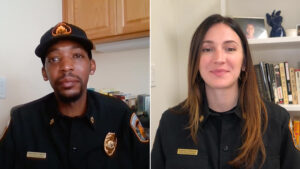
Forestry and Fire Recruitment Program
California
A promising California model builds a pipeline of needed wildland firefighters by forging career pathways for individuals formerly incarcerated in “Fire Camps.”

 Learn More
Learn More